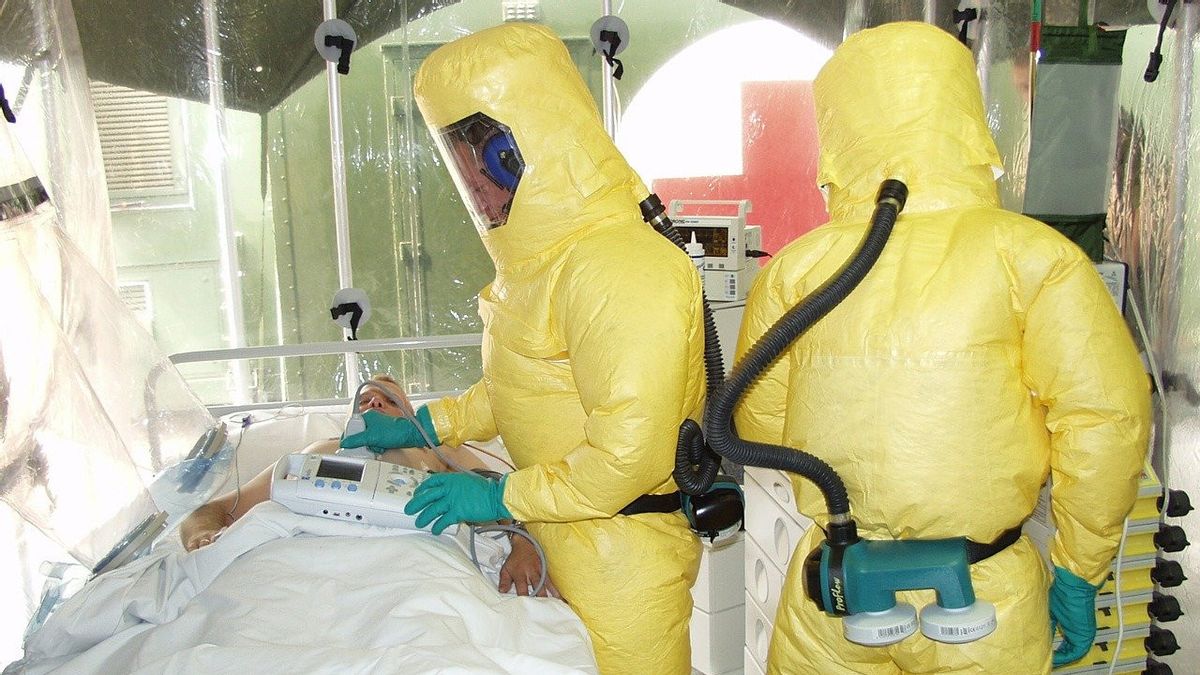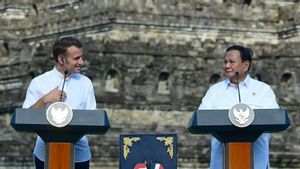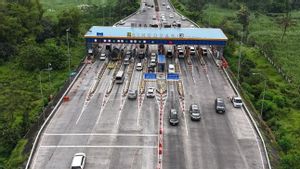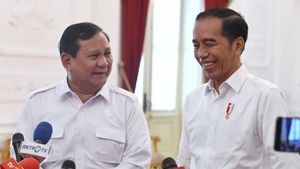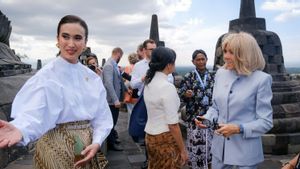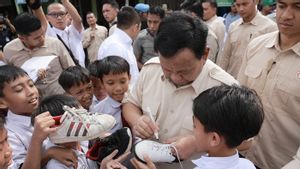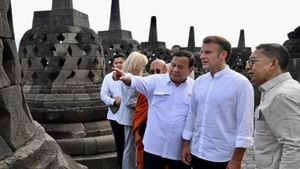JAKARTA - The Democratic Republic of Congo announced a new epidemic of Ebola in the western city of Mbandaka, a thousand kilometers away from the outbreak of the same virus that is currently occurring in the east. Congolese Health Minister Eteni Longondo said four people who died in Mbandaka were confirmed positive for Ebola after testing at the national biomedical laboratory in Kinshasa.
"We have a new Ebola epidemic in Mbandaka. We will quickly send them vaccines and medicines," Longondo said, quoted by Reuters, Tuesday, June 2.
The Ebola outbreak in Congo was also confirmed by the Director General of the World Health Organization (WHO) Tedros Adhanom Ghebreyesus via his Twitter account. He said the Ebola outbreak was a reminder that COVID-19 was not the only health threat facing society.
Congo has been struggling to end the Ebola outbreak for nearly two years, particularly in areas near its eastern border with Rwanda and Uganda, which has killed more than 2,200 people. Ebola is the second deadliest disease outbreak in the world on record.
The struggle against EbolaAccording to WHO records, the latest case in Congo is the 11th Ebola outbreak in Congo since it was first discovered in the country in 1976. Meanwhile, Mbandaka City and its surrounding areas are the 9th Ebola outbreak area from the Democratic Republic of Congo, which occurred from May to July 2018.
The Democratic Republic of Congo 's 10th Ebola outbreak, in North Kivu, South Kivu and Ituri provinces, is in the final stages of an outbreak. On 14 May 2020, the Congolese Ministry of Health began a 42-day tally for the final Ebola outbreak declaration. A new Ebola outbreak is thought to occur in the Democratic Republic of Congo given the presence of the virus in bats, which are known to be plentiful in the country.
"This outbreak occurs at a time of great challenge, but WHO has worked over the past two years with health authorities, the African CDC and other partners to strengthen national capacity to respond to the outbreak," said Dr Matshidiso Moeti, WHO Regional Director for Africa.
"To strengthen local leadership, WHO plans to send a team to support increased response. Given the proximity of this new outbreak to busy transport routes and vulnerable neighboring countries, we must act quickly, ”he added.
Through its official website, WHO said it had conducted contact tracing. Efforts are also underway to send additional medical supplies from North Kivu and Kinshasa to support the government-led response. WHO also said it would continue to ensure that essential health services were provided to the public despite this emergency.
By far the largest Ebola epidemics were in 2014-2016 in the countries of West Africa, Liberia, Sierra Leone and Guinea. More than 28,000 people were infected in the epidemic and more than 11,000 of them died.
The English, Chinese, Japanese, Arabic, and French versions are automatically generated by the AI. So there may still be inaccuracies in translating, please always see Indonesian as our main language. (system supported by DigitalSiber.id)
